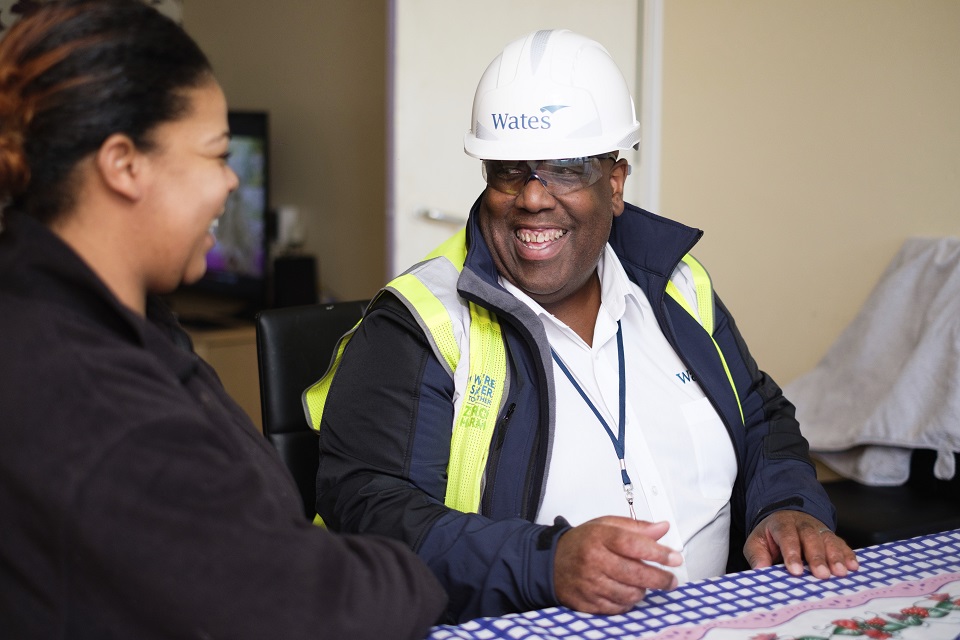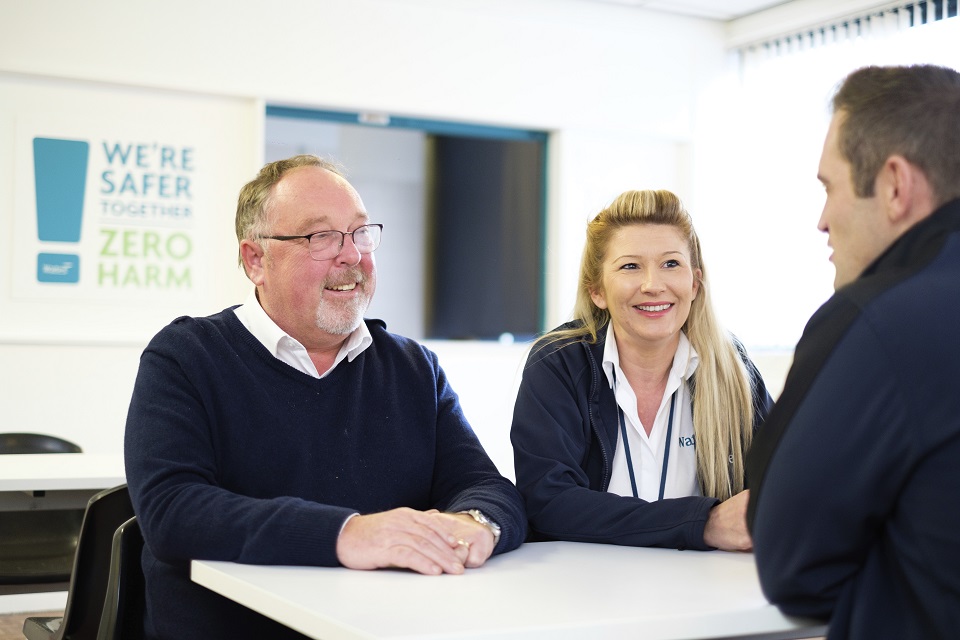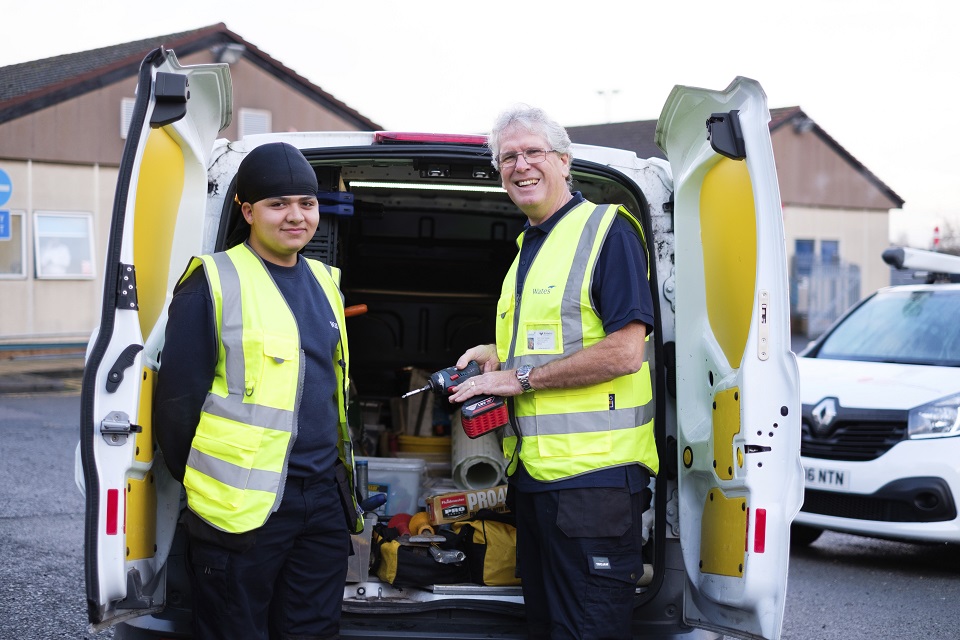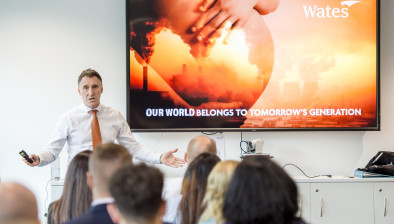Wates Group introduces carer’s leave with family policy overhaul
Employees at construction, development and property services company Wates Group will be offered a number of “industry-leading” benefits after the firm committed to a complete overhaul of its family-friendly policies.

Under the changes, unveiled today, paternity/partner leave has been increased to eight weeks full pay, more than a fourfold increase on the current policy, while maternity leave is increased to 26 weeks full pay, and a further 26 weeks statutory maternity pay, doubling the amount of full pay staff members have access to.
Wates has also introduced carer’s leave for the first time to ensure all members of staff can take up to four weeks of unpaid leave in a year. Bereavement leave has been improved to include two weeks of full pay.
The group will also continue to match enhanced entitlement for shared parental leave and adoption leave with maternity leave and pay.

Wates said the new policies will help attract and develop a diverse workforce with an inclusive mindset, as well as helping to close the gender pay gap by enabling more sharing of responsibilities at work and home. They reflect the changing expectations of talent and will enable both men and women to manage personal and professional commitments as part of a balanced and healthy lifestyle.
The introduction of carer’s leave reflects a growing reality for many in the UK. Figures from the Carers Trust show that one in 10 people in the UK are caring for friends or family – equating to seven million people. The increase of the so-called ‘sandwich generation’ – those caring for both children and elderly parents – means that three in five of us will become carers at some point in our lives.
The changes are tangible actions to help the business achieve targets set out in last year in Wates’ Diversity and Inclusion plan: #WatesTogether which outlined a long-term blueprint for creating a business where everyone is welcomed, included and connected.

Targets include (by 2025):
- Having a workforce which is more reflective of society, with 60% men, 40% women, 20% BAME, 3% with a disability and 5% LGBTQ+ across all levels of the business;
- 50% of the group’s early careers intake to be female;
- 5% of new recruits will be career returners.
It comes after Wates Group announced a three-year partnership with Young Women’s Trust earlier this month. The group – which is the first construction partner for Young Women’s Trust – will use the partnership to help drive forward change in the industry and to support women aged 18 to 30 who are on low or no pay and are at risk of poverty. The partnership is expected to support the Young Women’s Trust’s ambition to help 15,000 disadvantaged women over the next three years.

David Allen, chief executive at Wates Group, said: “To be truly fit for the future and to continue to succeed, we need to become a more progressive and inclusive organisation. So, we want to give all our people the flexibility and support they need to thrive in the workplace and at home. These new policies will help us do just that.
“They provide support for everyone at all stages of their working lives and are tangible evidence of our commitment to being a flexible and responsible employer and to investing in all the members of our tremendous team.”
Nikunj Upadhyay, group head of diversity and inclusion at Wates Group, said: “Surveys of parents in the workplace indicate that men want to be more present for their children and elderly parents, but that current public policy, perceived expectations and organisational practices are barriers to this desire. We also know that one of the biggest reasons for gender pay gap is that women tend to spend more time out of work in their careers due to caring responsibilities.
“Family-friendly policies enable more equal sharing of work. These changes reflect the needs of modern families and will help us develop a diverse environment where everyone is welcomed, included and connected.”




















